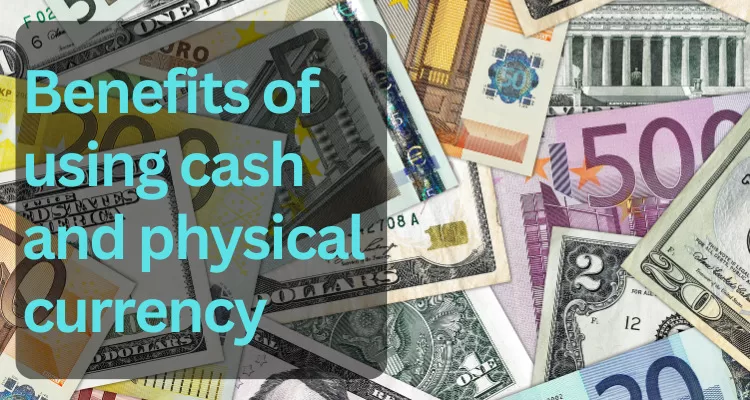In today’s rapidly evolving digital world, cash may seem like an obsolete medium of transaction, but it continues to offer numerous advantages that are often overlooked. The role of cash in the economy extends far beyond being just a means of payment. In this article, we will discuss practical advantages of using cash, from ensuring personal freedom and privacy to helping with budgeting and financial security.
Advantages of cash and physical currency
1. Ensuring Freedom and Autonomy
One of the fundamental advantages of cash is the freedom and autonomy it provides. Unlike digital payment methods that require internet access and third-party involvement, cash can be used anytime, anywhere. Whether the power is down or you have lost your card, cash remains a reliable means of payment.

Use Case: Imagine you are on a camping trip in a remote area with no internet access. You need to purchase firewood and supplies from a local vendor. Since there’s no digital payment option available, having cash on hand ensures you can make essential purchases.
2. Legal Tender
Cash holds the status of legal tender, which means that creditors, including shops and restaurants, cannot refuse cash as a payment method. This provides assurance and convenience for consumers.
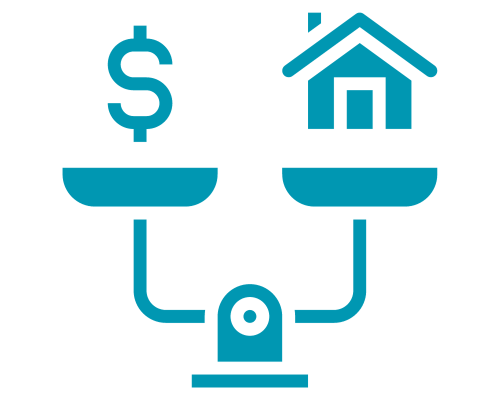
Use Case: You visit a small, family-owned restaurant in a country side town. They don’t accept credit cards due to the high processing fees. However, your meal is delicious, and you want to pay for it. Cash, being legal tender, allows you to settle the bill without any issues.
3. Privacy
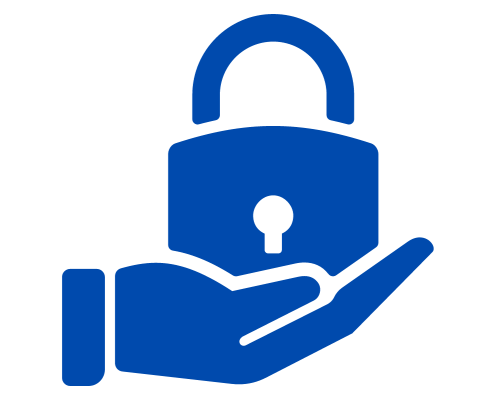
Cash transactions respect the fundamental right to privacy, keeping your financial matters, identity, and data protected. In a world where digital transactions can be traced and monitored, cash offers a level of anonymity that many value.
4. Inclusivity
Cash is inclusive, providing payment and savings options for individuals with limited or no access to digital money, such as the elderly or lower-income groups. It plays a crucial role in ensuring financial inclusion.
Use Case: You volunteer at a community center that provides services to elderly residents who may not be familiar with digital payment methods. When collecting donations for a charity event, accepting cash ensures that everyone can contribute, regardless of their familiarity with technology.
5. Expense Tracking
Using cash can help you keep better control of your expenses. When you physically see money leaving your wallet with each purchase, it becomes easier to stay within your budget and avoid overspending.
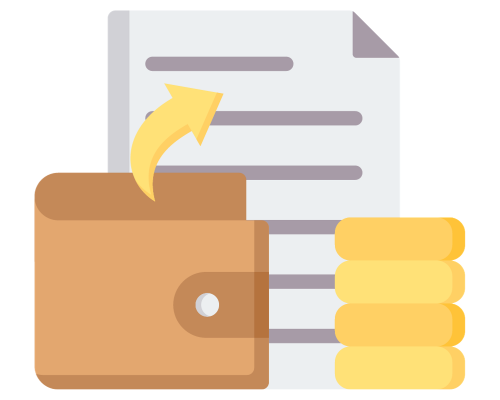
Use Case: To help you track your daily expenses, you withdraw a set amount of cash at the beginning of the week. By physically seeing and using this cash for your everyday purchases, you are better able to monitor your spending and avoid exceeding your budget.
6. Speed and Security
Cash transactions are swift and secure. Banknotes and coins settle payments instantly, and they are known for their resilience against cybercrime, fraud, and counterfeiting. Cash is backed by central banks, reducing financial risks for both payer and payee.
7. Store of Value
Cash serves as not only a payment instrument but also a store of value. It allows individuals to save money without default risk, making it ideal for personal gifts and small transactions.
Use Case: It’s your niece’s birthday, and you want to give her a meaningful gift. By gifting her cash, she can save it in her piggy bank or open a small savings account. Cash serves as a valuable financial lesson and a tangible way for her to begin saving for her future.
8. Universal Acceptance
One of the great advantages of cash is its universal acceptance. While digital payment methods are becoming more common, there are still minimum purchase requirements and variations from country to country. Cash remains universally accepted.

Use Case: You are on an international vacation exploring various countries with different payment systems. While some places accept cards, others have minimum purchase requirements for card transactions. Having cash on hand ensures you can make small purchases, enjoy local street food, or visit local markets without any payment limitations.
9. Hindering Impulse Purchases
The tangible nature of cash has a psychological impact, making it more difficult for people to make impulsive and unnecessary purchases compared to digital money, where the spending is less tangible.

Use Case: You are at a local artisan market, surrounded by unique handmade crafts. While it’s tempting to buy everything, you have set a budget for yourself. Using cash makes it harder to overspend impulsively, as you are physically parting with money for each purchase, encouraging more thoughtful spending.
10. Spending Within Your Means
Cash enforces financial discipline because you cannot spend more than you have. It encourages responsible consumption and budgeting, helping individuals stay within their financial limits.
Use Case: You are at a holiday shopping spree, and you have set a limit on your spending to avoid post-holiday debt. Carrying only the cash budgeted for shopping ensures that you won’t exceed your budget, allowing you to enjoy the festive season without financial stress.
11. Avoiding Interest on Credit Cards
Using cash eliminates the risk of accruing interest on credit card purchases. Credit card interest can add up quickly and result in higher costs for the same items over time.
Use Case: You are considering purchasing a new laptop for your work or studies. Instead of using a credit card and potentially incurring high-interest charges over time, you decide to save up for a few months and purchase the laptop with cash. By doing so, you avoid accumulating interest costs and get the laptop at its original price.
12. Avoiding Additional Fees
Cash transactions avoid various fees associated with credit cards, such as annual fees, late payment fees, balance transfer fees, and foreign transaction fees. This can lead to significant savings over time.
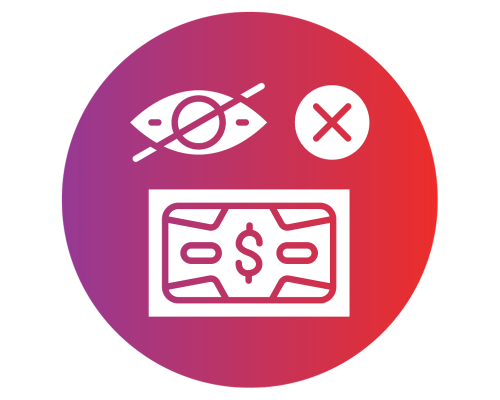
Use Case: You are a frequent traveler, and you often make purchases in foreign countries. Instead of using a credit card that may incur foreign transaction fees, you exchange your currency for the local currency in advance and use cash for your expenses during the trip. This way, you avoid paying extra fees and save money on each transaction.
13. Vendor Acceptance
Not all vendors accept credit cards, especially small businesses, farmers’ markets, and when traveling abroad. Cash ensures you can make purchases wherever you go, providing flexibility and convenience.
Use Case: You are exploring a new city and come across a charming street market with unique handmade crafts. Many of the vendors at the market only accept cash. Having cash on hand allows you to support local artisans and purchase one-of-a-kind souvenirs that you might have missed out on with card-only payments.
14. Personal Information Protection
Using cash reduces the risk of personal information theft, a concern with credit card payments in high-traffic areas or online transactions.
Use Case: You are attending a crowded event or concert where card skimming or online hacking is a concern. To protect your personal information, you decide to use cash for ticket purchases, food, and merchandise. This precautionary measure ensures that your financial data remains safe from potential theft.
15. Independence from Commercial Banks
Cash is legal tender, not a debt claim against a commercial bank. This independence ensures the security of your funds, even in the event of a bank failure.
Use Case: In times of economic uncertainty or financial crises, there may be concerns about the stability of commercial banks. To safeguard your funds, you choose to keep a portion of your savings in cash, either in a secure home safe or a bank safe deposit box. This ensures that your financial assets remain independent of potential banking disruptions.
16. Crisis-Resistance
Cash remains usable during technical problems, cyber-attacks, and power or telecom network disruptions, ensuring uninterrupted access to funds.
Use Case: Natural disasters can disrupt essential services, including electronic payment systems. To prepare for such situations, you keep an emergency supply of cash at home. This cash can be invaluable during crises, helping you purchase essential goods and services when other payment methods may not be available.
17. Low Costs
Handling cash may incur lower costs for businesses compared to the fees imposed by digital payment service providers, benefiting both consumers and small enterprises.
Use Case: You operate a small, local business, and you have noticed that accepting cash transactions incurs lower costs compared to credit card processing fees. By encouraging your customers to pay with cash, you can pass on cost savings in the form of lower prices or enhanced services, fostering customer loyalty.
Final thoughts
The advantages of cash continue to hold relevance in today’s evolving digital landscape. Cash provides a range of practical benefits that extend beyond being a mere medium of exchange. Its ability to offer universal acceptance and protect personal information is evident. Moreover, using physical currency helps in avoiding interest on credit cards and minimizing additional fees. Please share your thoughts and let us know how physical currency helped you in past.

